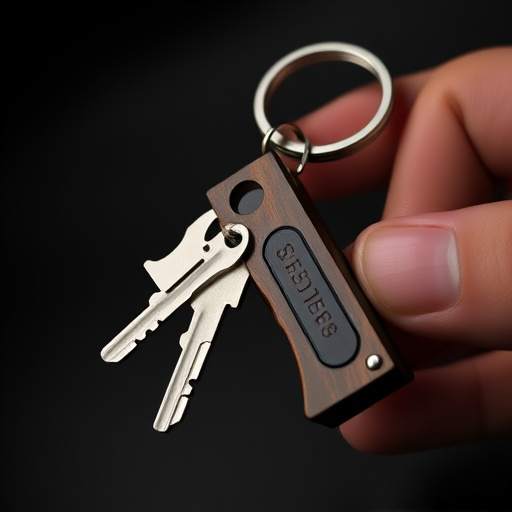Personal alarm keychains with loud decibels (up to 120dB) face varying state laws. Some states permit their use without restrictions, while others have age, location, or registration requirements. Users must understand local regulations, ensure noise levels meet legal standards, and prioritize responsible practices for effective self-defense during emergencies.
In today’s world, personal safety is a top priority. One innovative solution gaining traction is the self-defense keychain—a compact device designed to project loud decibels and act as a personal alarm. But are these keychains legal? This article delves into the intricate legal framework surrounding self-defense keychains, exploring decibel standards and personal alarm requirements at both federal and state levels. We also dissect state-specific laws, providing essential insights for consumers seeking to enhance their personal safety.
- Legal Framework for Self-Defense Keychains
- Decibel Standards and Personal Alarm Requirements
- State-Specific Laws and Personal Safety Devices
Legal Framework for Self-Defense Keychains
The legal framework surrounding self-defense keychains, often equipped with personal alarm features and emitting loud decibels, varies significantly across states. In many jurisdictions, these devices are considered legal when used for personal protection during potential threats or attacks. However, specific regulations dictate their permissible use, including restrictions on where and how they can be employed. Some states have specifically legalized personal alarms, defining their usage and exempting users from certain liability.
Understanding the local laws is crucial before carrying a self-defense keychain. Users must ensure that their actions align with the state’s definition of reasonable force and self-defense. For instance, some regions may require individuals to attempt de-escalation or retreat before employing such devices, while others might have specific noise level requirements for personal alarms. Staying informed about these legal considerations is essential for responsible self-defense practices and to avoid potential consequences.
Decibel Standards and Personal Alarm Requirements
In many jurisdictions, personal alarm keychains must meet specific decibel standards to be considered legal for self-defense. These requirements ensure that the device is loud enough to attract attention and deter potential attackers. Typically, personal alarms need to emit sounds in the range of 105 to 120 decibels (dB) to be effective. This volume level is designed to startle an assailant and create a chance for escape or assistance.
The choice of a keychain alarm should consider not only its loudness but also its reliability, ease of use, and durability. Some models incorporate advanced features like LED flashlights or GPS tracking, which can further enhance their effectiveness in emergency situations. Ensuring your personal alarm keychain meets these decibel standards is a crucial step in preparing for potential self-defense scenarios while adhering to local legal requirements.
State-Specific Laws and Personal Safety Devices
When it comes to personal safety devices, state-specific laws vary greatly. One popular and readily available option is a personal alarm keychain. These compact devices are designed to emit loud decibels—often up to 120dB—to startle potential attackers, providing a critical few seconds for escape or assistance to arrive. Legality of such devices depends on local regulations, with some states explicitly allowing them without a permit, while others may restrict their use based on age, location, or other criteria.
It’s crucial to understand the specific laws in your state before carrying a personal alarm keychain. Some regions might require registration or have restrictions on where and how such devices can be used. Being informed ensures compliance with local regulations and maximizes the effectiveness of these personal safety tools during emergencies.
Understanding the legal framework surrounding self-defense keychains, including decibel standards for personal alarms, is crucial for individuals seeking to protect themselves. Each state has its own regulations, so it’s essential to check local laws before purchasing or carrying such devices. When choosing a personal alarm keychain, look for products that meet loud decibel requirements, ensuring they provide adequate protection in an emergency. Staying informed and adhering to legal guidelines will help ensure your right to self-defense while navigating state-specific regulations.
